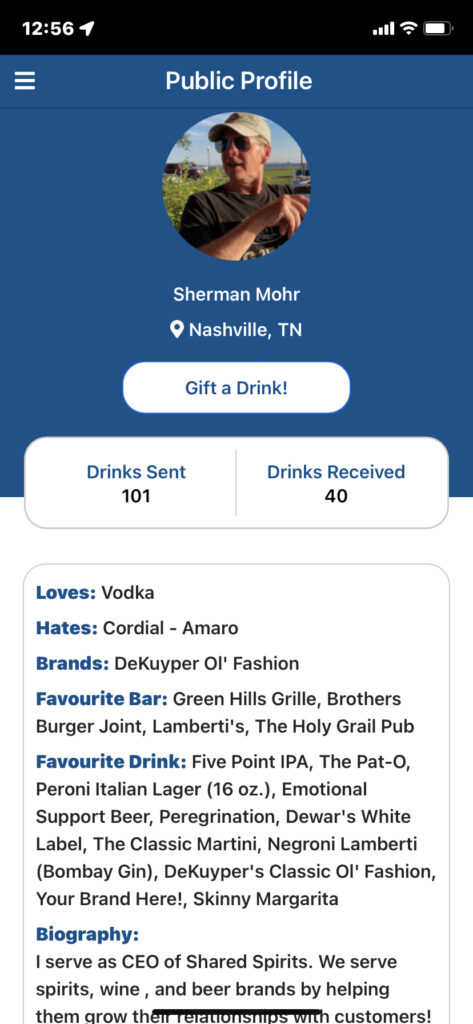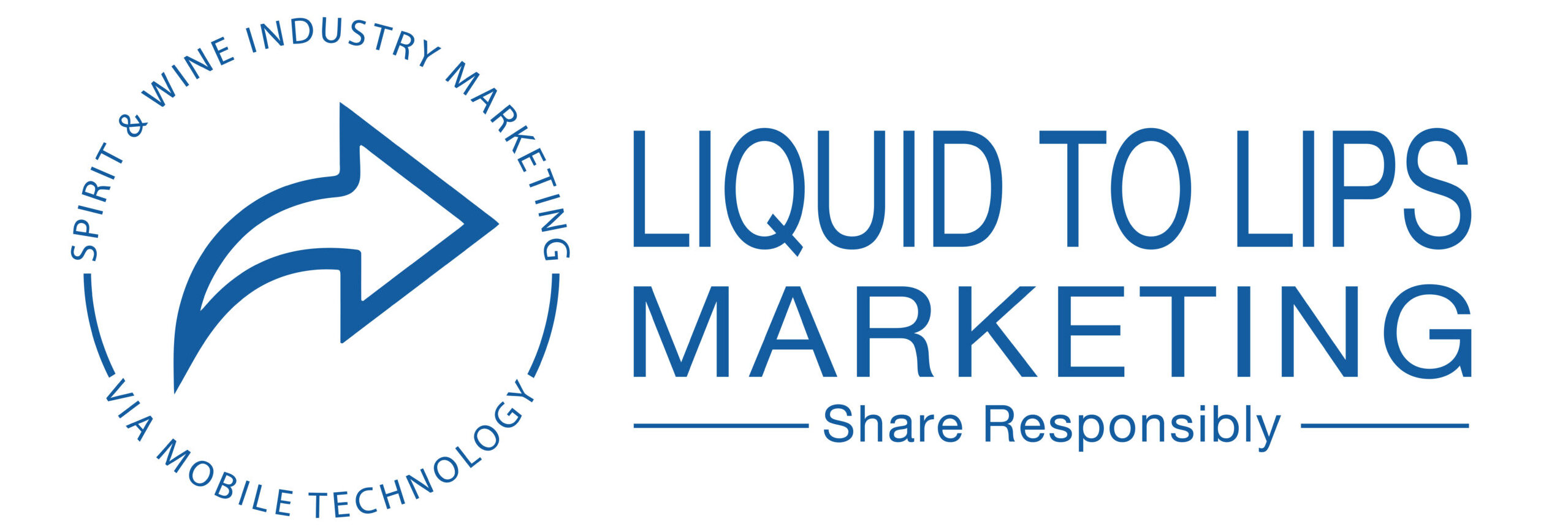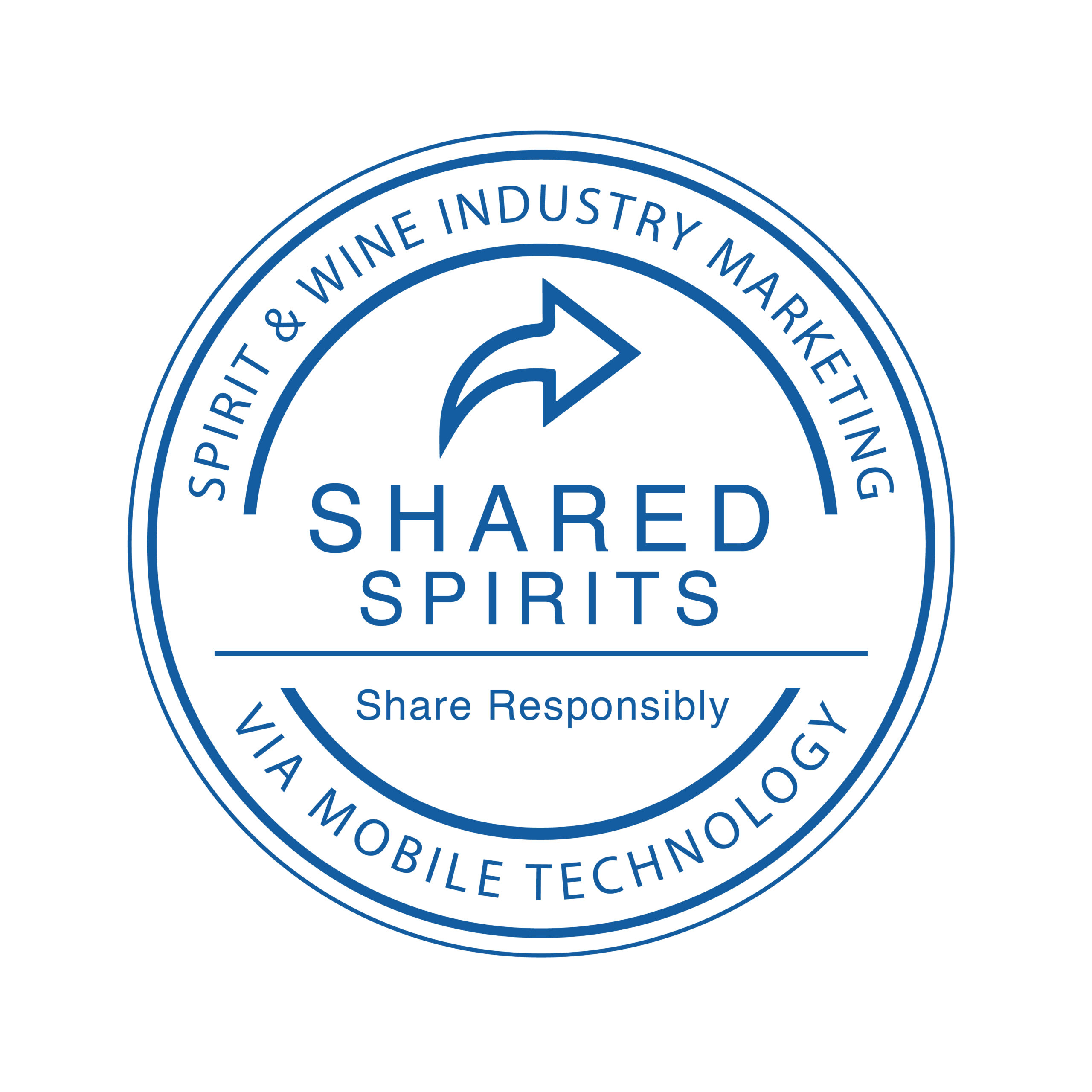Spirits brands know what they don’t know. They just ignore the importance of that knowledge.
The alcohol business is one of the few businesses that has no visibility on the end user of their products. Due to our three tier tax system, the tax collection and regulatory framework around liquor taxation and distribution, alcohol brands have little contact with their real customers. You know, the ones that drink their products.
In our company’s years of business, we have never seen a brand pursuing relationships with their end users. Massive resources are spent on retail, mass media, out of home, distributor support, and over the years, digital advertising and social media.
With the exception of social media engagement and the occasional effort to push customers to distillery tours, email opt ins, and more, there has been very little effort to know the drinking customer.
This isn’t all on the brand owners and suppliers. Today’s regulatory environment is a challenge. Up until recent years, technology that would allow a personalized relationship with drinkers didn’t exist. In what we consider to be completely unfair legislation, the wine industry has had relative freedom as it pertains to shipping direct to consumers compared to spirits brand owners.
Spirits brand know what they don’t know. Now, what to do about it?
Some are seeing the light and doing things that begin to personalize the relationship. By using rewards platforms that allow for rebates, points, and gamification, some brands are starting to build loyalty and visibility with customers.
One of the challenges with these platforms is the lack of participation by small mom and pop liquor and wine retailers. It can be difficult to get cooperation from a local operation working on thin margins.
Depending on your distribution footprint, brands may leverage platforms that track social engagement in new ways, rebate platforms should be leveraged to glean email addresses and provide a pathway to deeper relationships with drinkers of the products.
Working closely with restaurant partners to identify and reward patrons who serve as de facto ambassadors of products should be a priority. This could be done compliantly and easily if a strategy was properly designed and implemented.

Example. When I was a cigar smoker back in the day, a global cigar manufacturer reached out to me due to my running cigar groups in Middle TN. They made me the Tennessee Ambassador for the brand. At the time, they asked nothing from me in return for the cigar inventory they sent me monthly and the support provided. Had they asked, I would have gladly prompted email opt-ins from my attendees. After all, I was running all the events on Meetup.com. I would have easily been able to deliver hundreds of contacts for ongoing marketing efforts had I been asked and compensated just a little!
Some brands are beginning to reach out to Shared Spirits through their event and activation agencies. This is exciting. Our time in the market, sharing our new sampling category and the potential of our direct to consumer model.
Shared Spirits circumvents advertising constraints, social media regulations, and a host of other challenges by virtue of its proprietary technology and business method. In short, we allow the building, reinforcement, and tracking of individual drinker behavior.
Shared Spirits currently seeks collaboration partners that can help move cocktail and wine forward restaurant operators onto its platform. It’s a free service for them and their customers.
The future of real relationships with customers who drink your product is NOW. Our vision is a day where brands will understand their customer’s true life-time value. We think the time to start making that happen is now. Schedule a chat with our CEO today to learn more!

